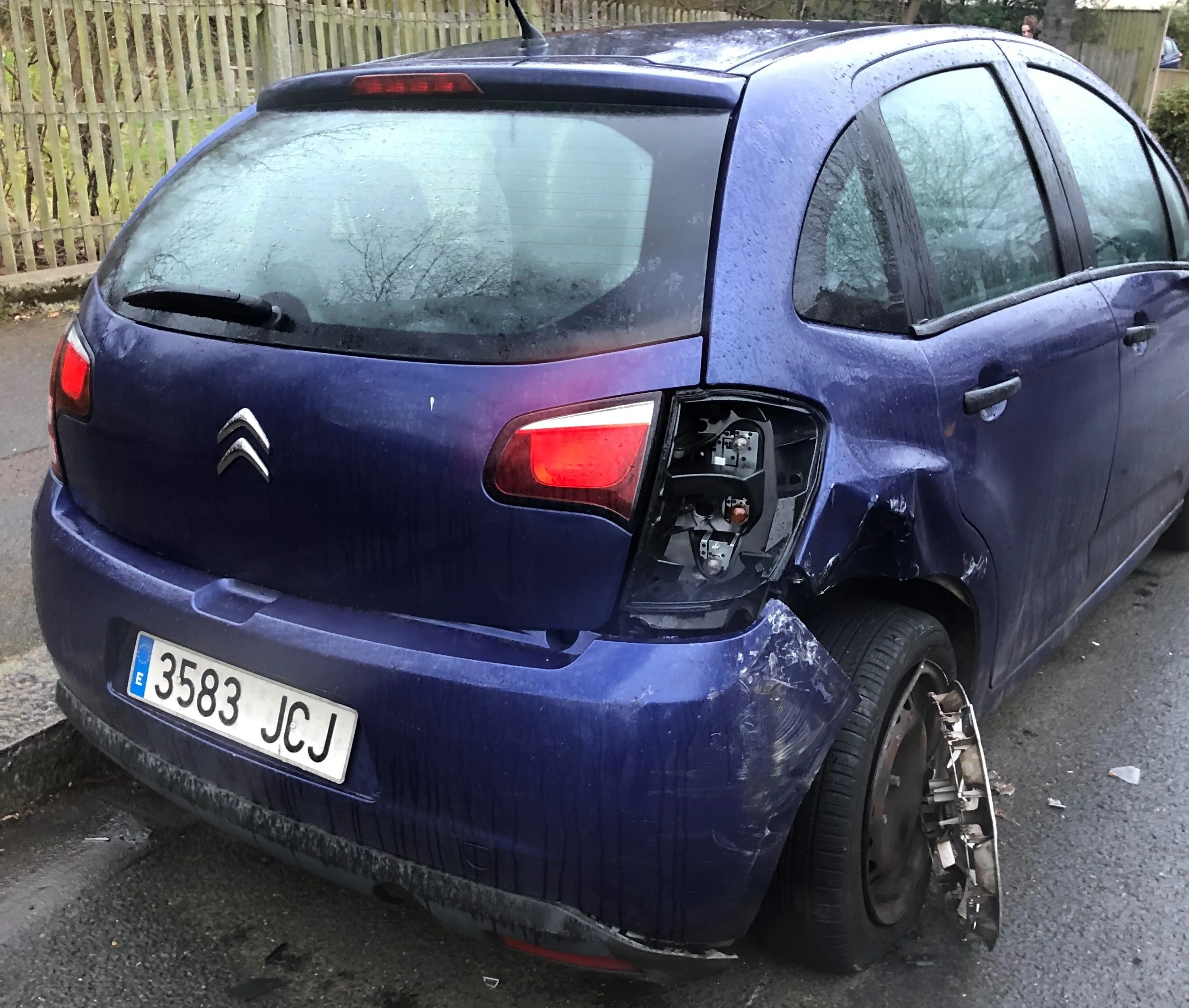European road safety targets and casualty reduction plans are to benefit from meeting the 2013 deadline for cross border enforcement. The member states will have to meet the deadline of 7th November 2013 for the Cross Border Enforcement Directive, or risk facing infringement proceedings. The issue is a key one as many drivers commit offences in EU nations other than their own, without having to face penalties. Bureaucracy makes it hard for drivers to face penalties when they return home. In some instances t
May 18, 2012
Read time: 2 mins
European road safety targets and casualty reduction plans are to benefit from meeting the 2013 deadline for cross border enforcement. The member states will have to meet the deadline of 7th November 2013 for the Cross Border Enforcement Directive, or risk facing infringement proceedings. The issue is a key one as many drivers commit offences in EU nations other than their own, without having to face penalties. Bureaucracy makes it hard for drivers to face penalties when they return home.
In some instances there have been comedic notes, with Irish police noting a huge number of speeding offences to one Polish driver, only to realise later that the name they had recorded on their records was the Polish word for driving licence. The aim is that enforcement should treat all European citizens equally, whether or not they are in their home country.
According to the international police association,4753 TISPOL, the police task of enforcement is undermined when national laws are not respected by visitors. Although there are some bi-lateral and multi-lateral agreements in place, they are frequently unable to deal with the increasingly complex cross-border problems posed by traffic offenders according to TISPOL. Implementing the Cross Border Enforcement Directive will be an essential step to saving lives on Europe's roads and to provide fair treatment for all EU citizens according to TISPOL.
Belgian drivers committing traffic offences in France will be fined in Belgium as part of a new data exchange agreement between the two countries. The agreement, which comes into practice on 1 July, 2012, comes ahead of a new EU directive which will force member states to exchange certain traffic offence data from November 2013. The EU states will be required to provide the name and address of people committing eight specified violations, including speeding.
In some instances there have been comedic notes, with Irish police noting a huge number of speeding offences to one Polish driver, only to realise later that the name they had recorded on their records was the Polish word for driving licence. The aim is that enforcement should treat all European citizens equally, whether or not they are in their home country.
According to the international police association,
Belgian drivers committing traffic offences in France will be fined in Belgium as part of a new data exchange agreement between the two countries. The agreement, which comes into practice on 1 July, 2012, comes ahead of a new EU directive which will force member states to exchange certain traffic offence data from November 2013. The EU states will be required to provide the name and address of people committing eight specified violations, including speeding.






